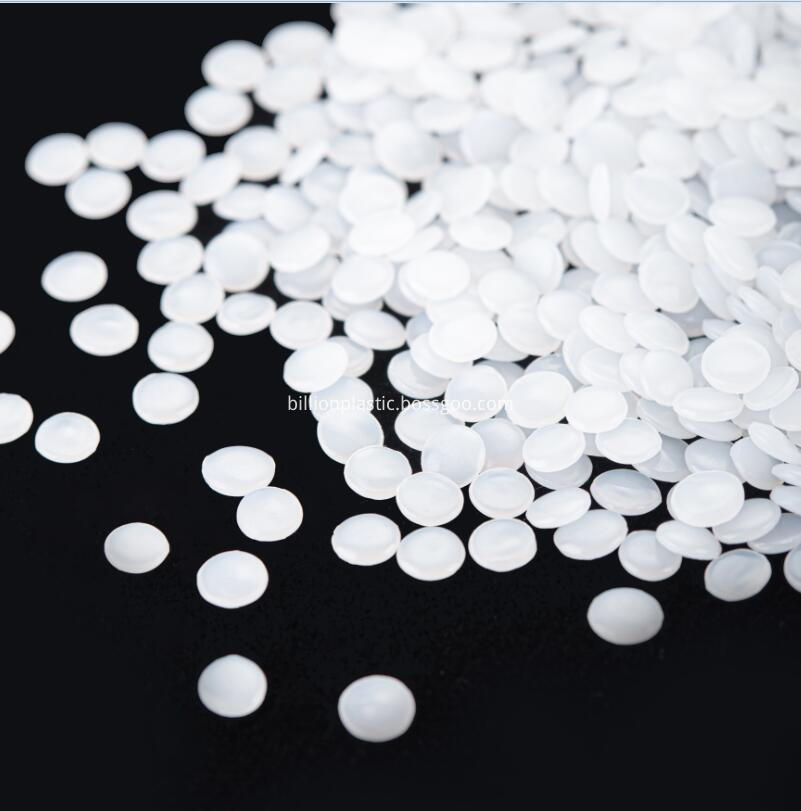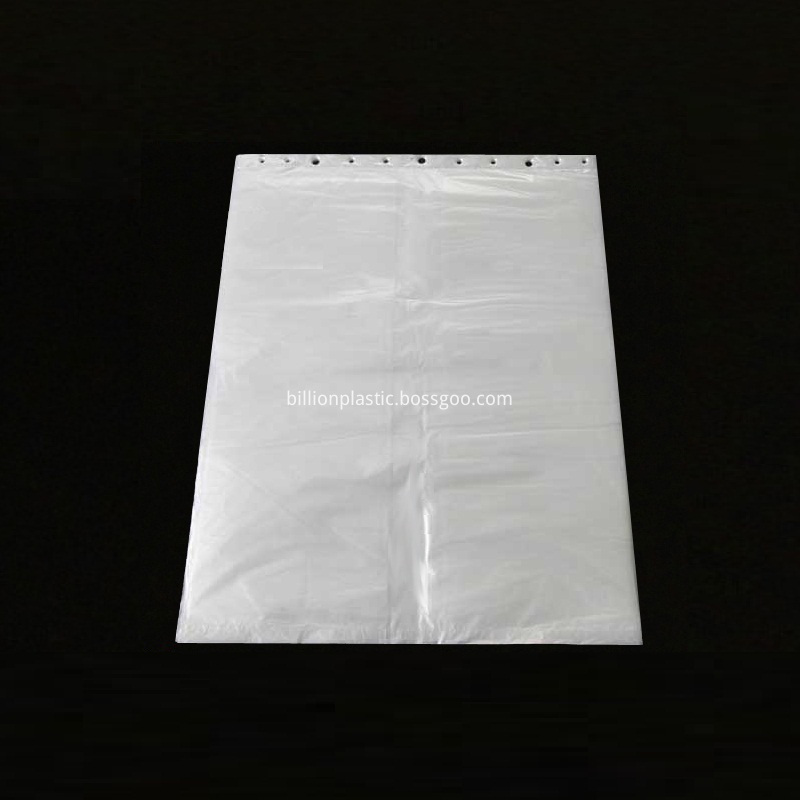[China Agricultural Machinery Industry News] Sometimes, we only discover that a revolution has occurred when we look back. But the current agricultural revolution is not the case. We can see the innovation and subversion that happens around us in real time.
In order to produce more food with less investment, agriculture is looking for new products, methods and technologies. There is only one earth, and we must reduce the use of chemicals and water. Self-sufficient farmers want to narrow the output gap. Farmers engaged in commercial production want to increase output and save costs. Consumers want healthier cleansing foods and ingredients.

Agricultural innovation ushers in a good time big data subverts agricultural production
Big data is bringing disruptive changes that help us meet these needs.
Big data provides more information from the crop genome to water management, fertilization, climate, soil, machinery and crop protection systems. Big data also gives people more ways to access and use data in agricultural methods and crop genetics. On the production side, this is changing the value chain of large-scale agricultural enterprises, because the use of big data gives strength to farmers and small companies, while large companies are integrating and innovating.
Subversion will require good ideas, new business models, and a spirit of courage and fearlessness. A new generation of independent companies is using big data to generate new insights, practices and products. If you want to keep up with the times, traditional agricultural enterprises and supply chains must adapt to the new situation.
Here are four main aspects of big data being used in agriculture:
Cultivation of new seed characteristics: Discover and acquire crop genomes with new methods of detection and mapping to turn information into better products faster.
Agriculture: Although sometimes confused, big data and agriculture are not the same thing. Big data brings together information about a lot of farmland, and this information is obtained through agriculture. The resulting analysis, insights, and better decisions are then deployed through agricultural technology.
Food Tracking: Using sensors and data analysis to prevent food spoilage and foodborne illness.
Impact on the supply chain: The spread of technology and information has brought about dramatic changes in the supply chain of seeds, crop inputs and food.
Big data accelerates crop breeding
The traditional process of cultivating good crop varieties not only consumes a lot of money and manpower, but can take 10 years or more. Big data speeds up the process. Advances in genetics have led to explosive growth in bioinformatics: first, the beginning of the sequencing of model organism genomes, followed by the rapid application of high-throughput or automated experimental techniques.
A large amount of genetic information can be created and analyzed in the cloud. Biological research, once conducted in greenhouses and in the field, is now possible to use computers (computer simulations) to analyze data, design experiments, and determine assumptions. On this basis, it is only necessary to test the scale of the experimental crops in the ground to verify the effect of planting in a large-scale environment, and then the breeder can determine which hybrid crop is suitable for a particular The territory. I have witnessed this amazing change in my career. I no longer wear long boots to the breeding station, because the work is mainly done in the laboratory. The new breeding process is not only cheaper and faster, but we are able to do things we could not do before.
Traditional genetic engineering techniques have introduced drought, herbicide and pesticide resistance properties into the market. Subsequent cultivation will result in crops of higher quality, lower economic and environmental costs. Many crops in the breeding industry will benefit farmers and consumers, such as high calcium carrots, antioxidant potatoes, nuts that are not allergenic, antibacterial oranges, water-saving wheat and cassava with higher nutritional value.
With better tools, research results can be translated into real productivity faster and at a lower cost. This process can also be accomplished in smaller, smaller laboratories. Database sharing can provide more data for experimenters to obtain and analyze.
Data-driven farming methods, better results
Commercial agricultural production is complex and involves biology, meteorology and human activities. In recent years, growers have rapidly adopted new agricultural technologies. Using GPS and other technologies, producers can track the output of different fields, manipulate and control equipment, monitor field conditions, manage inputs, and dramatically increase productivity and profitability. At the same time, data is rapidly accumulating, becoming large and complex, and can only be analyzed using computer software. The data itself does not create insights, and analysis and consulting services are needed to help farmers understand the data. Software applications centered on machine learning are becoming more intelligent and customized as they interact with data, devices and humans. Through learning, they provide opportunities that have not been developed before and help us make more informed decisions about farming.
Big data companies can test a wide variety of genomes, crop inputs, and many different farm, soil, and climatic conditions. They can conduct field trials based on the real environment of thousands of acres of land, providing farmers with information on optimizing planting in specific fields, specific soils and specific climatic conditions, and even refining each seed. For crop protection suppliers, this means that their products can be used in different dose rates and tank mixes in the same field.
The calendar bag is with holes on top of the whole sheet, which is the special design for holding by hooks. The bags could be easily to tear off from the sheet. Be made of food grade HDPE and LDPE material, the bags are good for packing fruit, vegetable, flowers and other fresh foods. Don`t let great taste go to waste. Give it the package it deserves.


Calendar Bags,Plastic Calendar Bag,Calendar Cello Bag,Plastic Cello Bag,Plastic Die Cut Carrier Bags,Calendar Food Bag
BILLION PLASTIC MANUFACTURING CO.,LTD, JIANGMEN , https://www.plastics-billionjm.com